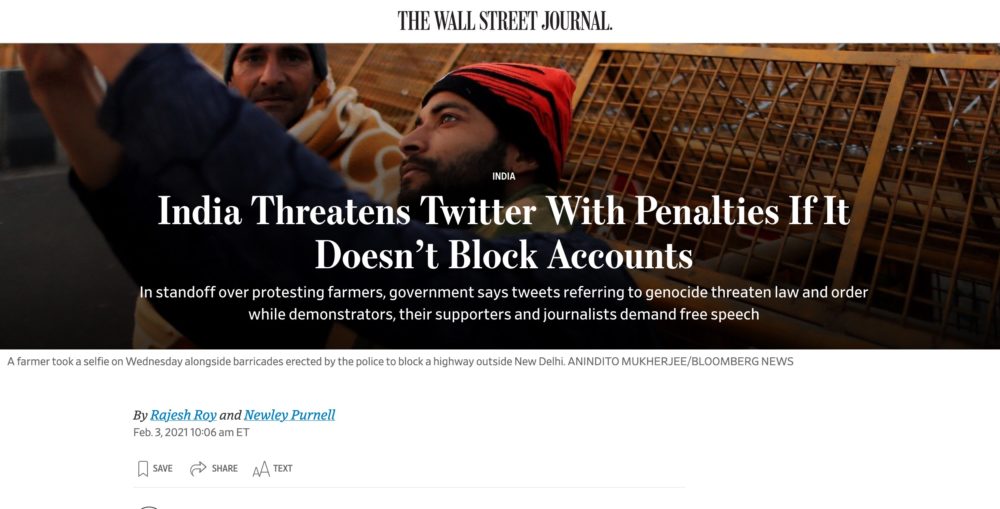
Edition 87 of my email newsletter, Newley’s Notes, went out to subscribers Thursday.
To get these weekly dispatches delivered to your inbox before I post them, enter your email address here. It’s free, it’s fun, it’s brief, and few people unsubscribe.
Hi friends, thanks for reading Newley’s Notes.
Sorry to begin with some sad news, but even though it’s been a few weeks, it’s still top of mind…
WHAT I WROTE AT NEWLEY.COM
– Ashley, 2008–2017 – Our beloved dog Ashley, whom we adopted in Bangkok in 2009, died last month. A and I are still recovering. We really miss her.
In the post linked to above, I shared the story of her sudden illness and posted some of my favorite photos from our nearly eight years with her. I still can’t believe she’s gone.
But: Onward and upward.
WHAT I WROTE IN THE WSJ:
– Twitter Launches Leaner Service Aimed at India – The story begins:
Twitter Inc. launched a new version of its service in India tailored for users with slow and unreliable internet connections, hoping to encourage expansion in the South Asian market as growth stalls at home.
TLDR: Twitter wants to gain new users in emerging markets like India, where web connections are often patchy.
– Amazon and Facebook Hit Unexpected Obstacle in India: China – A story about how Chinese tech firms like Alibaba and Tencent are backing Indian startups, which are themselves challenging U.S. tech titans.
– Apple to Start Making iPhones in India Over Next Two Months – A scoop with my colleague Rajesh Roy that begins:
Apple Inc. will soon start assembling iPhones in India for the first time, say government officials familiar with its plans, boosting the company’s chances of gaining a foothold in the fast-growing market.
Taiwanese contract manufacturer Wistron Corp. will likely start making iPhone 6 and 6S models here in the next four-to-six weeks at its plant in Bangalore, said an official of the southern state of Karnataka where the tech hub is located. It will add Apple’s cheapest iPhone model, the SE, to its assembly line in about three months, the official said.
Apple is struggling to boost sales in India, and making its smartphones here would help bring down the cost of the devices here.
– Uber Rival Grab Hits the Road in Myanmar – Grab, a ride-sharing startup focused on Southeast Asia, has launched in Myanmar.
5 ITEMS THAT ARE WORTH YOUR TIME THIS WEEK:
1) Care about the communal good? Stop trudging up escalators. Research suggests that the system, often used in public transportation, in which riders stand on one side while others walk on the other actually creates congestion and slows things down for everyone. We’d all be better off just standing two-abreast and riding up together in one group, it seems.
2) Why are Japan’s white-gloved rail system staff always pointing at stuff? The answer, according to an interesting explainer at Atlas Obscura, has to do with ritualized safety checks:
Known in Japanese as shisa kanko, pointing-and-calling works on the principle of associating one’s tasks with physical movements and vocalizations to prevent errors by “raising the consciousness levels of workers”—according to the National Institute of Occupational Safety and Health, Japan. Rather than rely on a worker’s eyes or habit alone, each step in a given task is reinforced physically and audibly to ensure the step is both complete and accurate.
3) Musical find of the week: Radiooooo.com, where you can explore popular music by world geography and decade. E. P. Licursi has the back story on this “hit tune time machine” in The New Yorker.
4) “Which Tech CEO Would Make the Best Supervillain?” Zuck? Elon Musk? Travis Kalanick? Jeff Bezos? Larry Page? Bill Gates? Peter Thiel? Click here to read more and decide for yourself.
5) Wondering how to quit social media? Here’s a round-up of several new books to help you unplug and explore the world around you. Among the titles: “Solitude: In Pursuit of a Singular Life in a Crowded World,” “The Stranger in the Woods: The Extraordinary Story of the Last True Hermit,” and “The Nature Fix: Why Nature Makes Us Happier, Healthier, and More Creative.”
What’d I miss? Send me links, rants, raves, juicy news scoops and anything else! My email: n@newley.com
Thanks for reading.
Love,
Newley



